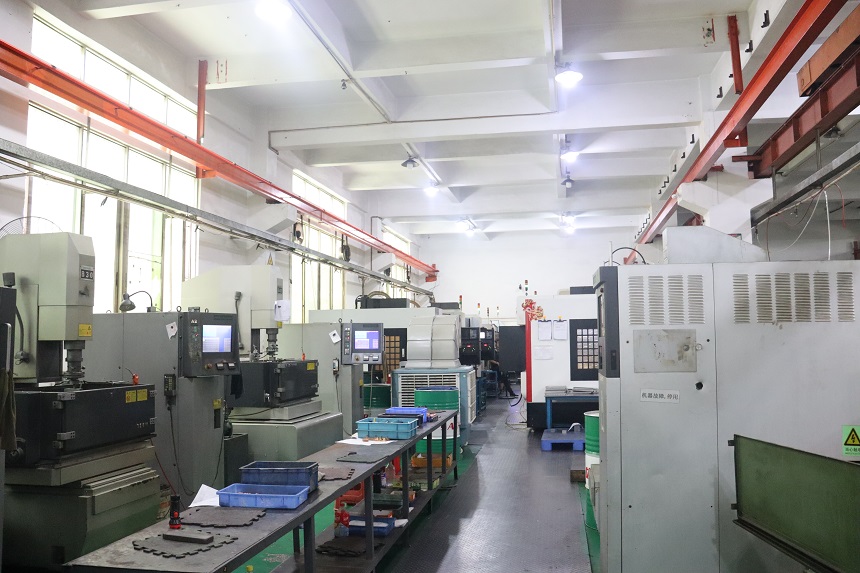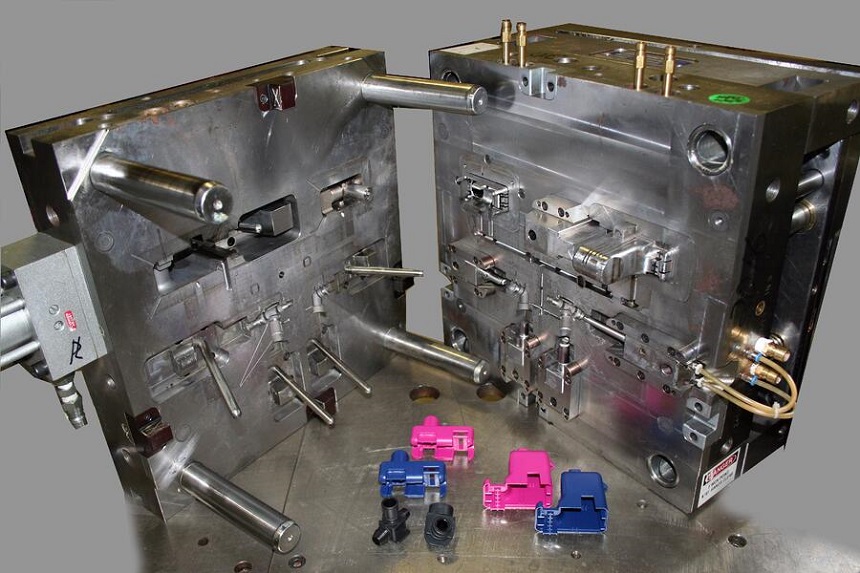6 Questions to Ask an Injection Mold Maker

What’s your goal when you’re manufacturing a part? To get your product to market within budget and on time. However, you’ll need to choose the right injection molding partner to be successful.
To ensure you’ve chosen the best fit for you, here are six questions to ask an injection mold maker.
1. What materials will the mold be able to handle?
If a highly abrasive plastic material will be used to mold your plastic part – or a type of plastic material that’s injected at extremely high temperatures, you’ll want to ensure the mold maker you’re considering can create a mold that’ll handle such requirements.
2. Can you create a mold for a specific size part?
Remember, many mold manufacturers can’t mold very small or very large plastic parts. For instance, if you’re building an injection molded car bumper, certain plastic mold manufacturers won’t be able to mold something of that stature. If, however, a mold maker says that they can keep up with every demand, don’t hesitate to ask for examples of similar parts they’ve previously manufactured.
3. Can you do rapid prototyping and print 3D parts to reveal potential design flaws?
The most expensive part of an injection molding process is the creation of your tool. So, don’t do it wrong. While modifications during the prototyping phase are possible until the mold is correct, changes after this stage are usually expensive.

4. Do you make the mold in-house or overseas?
Many plastic injection mold manufacturers make their mold overseas. Please note that there can be a massive difference between a mold made in-house or overseas – with the former being a lot better.
5. Is a warranty on the tool possible?
Unless you specifically request one, the majority of plastic mold manufacturing companies won’t offer you any warranty. Even if they do, learn about the warranty and investigate what does it cover before signing on the dotted line.
6. Can you build a tool that will align with my annual volume requirement?
Often, molds are constructed in either Class 101, 102, or 103. Every class varies in the material it uses, the cycles it can tolerate before it needs adjustments, the maintenance it requires, and how (or whether) it’s hardened. For instance, usually hardened stainless steel is used to build a Class 101 mold – but if you’ll be running 50,000 parts annually, a Class 102 tool built from a less expensive, a different material may be better for your part. A good plastic mold manufacturer like PTMS will walk you through the considerations and advantages of every class of mold and guide you to the class that’s perfect for your situation.
Get incredible mold project solutions with PTMS – the leading injection mold maker in China
PTMS has been a professional injection mold maker since 2002, offering customers of every size injection tooling for both low and high-volume plastic molded parts.
Give us a call now for more information!
